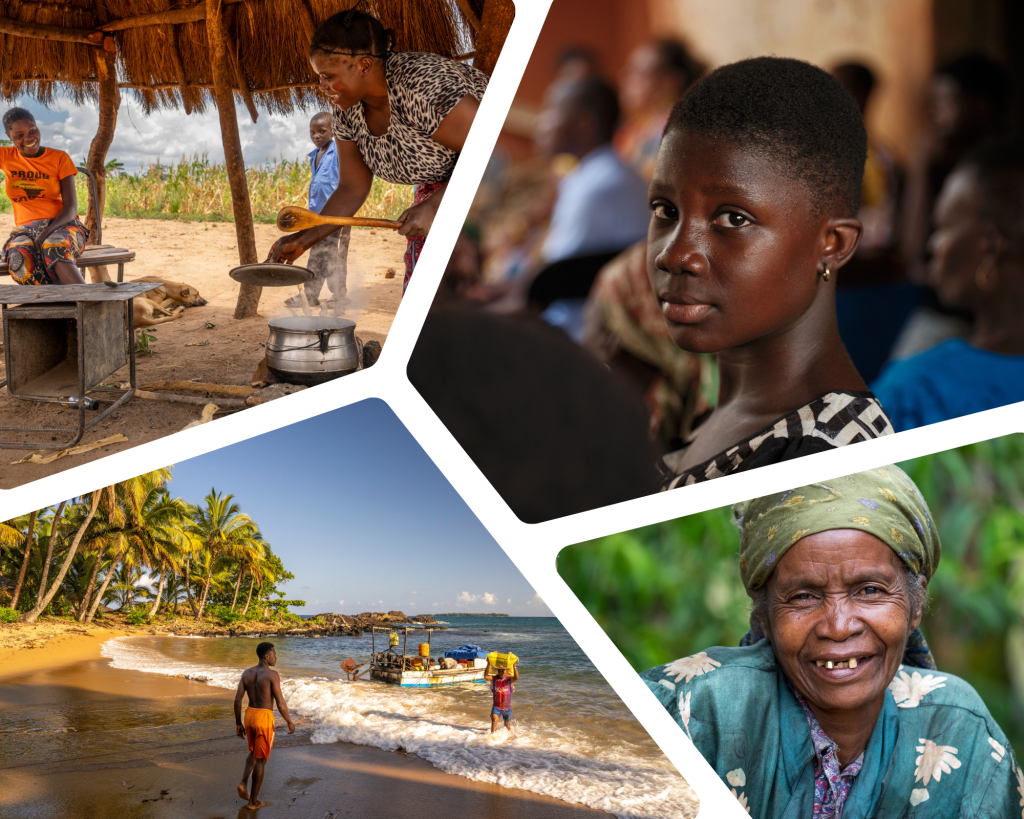UNESCO Expands Global Biosphere Network, as Africa and the World Face Questions of Leadership, Survival and Shared Humanity

When UNESCO announced the designation of 26 new biosphere reserves across 21 countries this week, it was more than an environmental milestone. It was a reminder that in an age of wars, genocide, inequality, and climate disruption, leadership is no longer measured only in parliaments or presidential palaces, but also in how societies choose to preserve the delicate web of life that sustains families and nations alike.

From Indonesia’s coral-rich archipelago of Raja Ampat to Iceland’s Snæfellsnes coast and Angola’s Quiçama reserve, these sites represent not just biodiversity havens, but laboratories for peace-building, cultural survival, and intergenerational strategy. In all, UNESCO now recognizes 785 biosphere reserves across 142 countries since the program began in 1971.
In Africa, the announcement carries deeper resonance. The continent’s conflicts have too often been fought on ecological battlegrounds, whether in Darfur, where desertification and resource scarcity fueled ethnic violence, or in the Sahel, where families displaced by climate stress now face militant insurgencies. The Quiçama Biosphere Reserve in Angola, home to elephants, manatees, and over 200 bird species, also shelters communities whose daily survival depends on fishing, livestock herding, and farming. For these families, biodiversity is not an abstract concept; it is food, culture, and dignity.
As António Abreu, head of the UNESCO program, noted: “The concept of biosphere reserves is that biodiversity conservation is a pillar of socioeconomic development.” Yet he also warned that conflict and misunderstanding can erupt when local people are excluded from decision-making, a lesson that echoes across African leadership, from struggles over oil in the Niger Delta to battles over grazing lands in East Africa.
The designation of new biosphere reserves comes at a time when the world is still grappling with historic wounds, from the genocide in Rwanda to contested memories of colonial exploitation. Conservation, in this context, becomes both a moral and strategic undertaking. Preserving mangroves in São Tomé and Príncipe, for instance, is not only about buffering against storm surges; it is about offering coastal families protection, hope, and a chance to avoid displacement.

In Nigeria, however, the Omo Forest Reserve illustrates the peril: as cocoa farmers push into protected lands, the critically endangered African forest elephant edges closer to extinction. This is not just an environmental tragedy; it is a crisis of governance and leadership, raising questions about whose interests are prioritized in times of economic hardship.
A strategic lens on leadership: to African leaders and indeed for global leadership, biosphere reserves pose a strategic question: can nations frame biodiversity not as a luxury, but as a shield against war, poverty, and displacement? Rwanda’s investment in eco-tourism after genocide, for example, turned gorillas into symbols of renewal and reconciliation. Similarly, in the Philippines, teaching fishermen to shift from dynamite fishing to aquaculture rebuilt both reefs and livelihoods.
The broader message from UNESCO’s Hangzhou meeting, where a 10-year action plan was adopted, is that conservation cannot be separated from politics, humanity, and social resilience. Over 60% of existing reserves have already been scarred by extreme weather, sea-level rise and drought linked to climate change, a crisis exacerbated by global dependence on fossil fuels.
In the shadow of wars in Ukraine, Sudan, and Gaza, the UNESCO announcement underscores an uncomfortable truth: humanity’s conflicts often mirror its failure to manage shared resources. Biosphere reserves challenge leaders to adopt a new form of statesmanship — one that protects not only borders, but also rivers, forests, coral reefs, and the fragile families that depend on them.
In Africa, where the memory of genocide remains raw and new wars threaten fragile peace, the idea of collaborative conservation offers a model of leadership rooted in coexistence rather than conquest. UNESCO’s biosphere network, then, is not just about birds, fish, or trees; it is about whether humanity can learn to live with itself and with the earth, before both are pushed past the brink.







